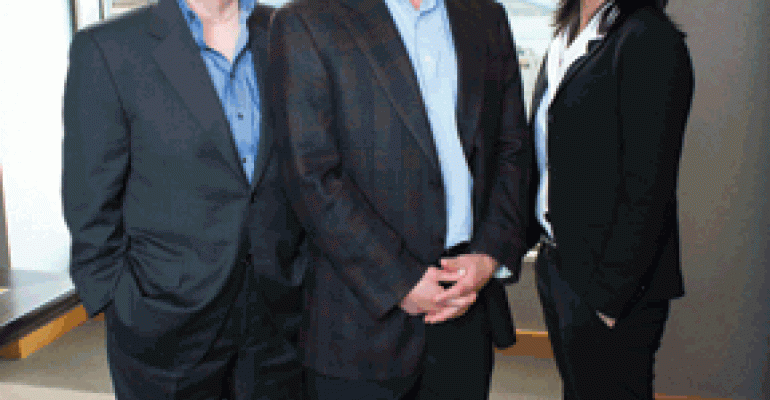
Location: San Francisco
Assets under Advisement: $1.3 billion
Production: N/A
Expertise: Socially responsible investing
Most advisors don't get socially responsible investing, says Thomas Van Dyck, senior vice president at SRI Wealth Management Group at RBC Wealth Management-U.S. When clients ask about it, most advisors tell them to just maximize their returns and then donate more to the groups they support.
“They have no knowledge of the field. They have to learn a lot more about it, and they have no interest in learning about it because they're not philosophically predisposed to find a solution,” says Van Dyck, who speaks rapidly and enthusiastically about his business. “It does take a certain area of specialty. It takes a knowledge of where the impact investments are. There's no database of people doing loans in Africa for coffee.”
Despite a generally dismissive attitude toward SRI in the wealth management industry, Van Dyck says, he expects to see more competitors enter this field in the years ahead. The U.S. SIF says that SRI assets grew more than 13 percent from 2007 to 2010, while all investment assets rose by less than 1 percent. “The clients are demanding it,” he says. “The people coming out of the LinkedIn area, social media, they don't need to compromise. They want to invest with their values.” He says his practice, among the largest for socially responsible investing in the financial advisory industry, has seen net new asset growth of 20 to 25 percent annually over the last three years. Sixty to 65 percent of these assets come from family foundations, with the rest from entrepreneurs, celebrities, and clients with inherited wealth.
Investing in the field for almost 30 years, Van Dyck has a full-time social analyst on his staff who culls companies according to particular criteria. The practice builds screens that it places atop the portfolios of third-party money managers (it buys mutual funds too); 80 to 85 percent of the managers Van Dyck knows are open to tweaking their allocations to fit the needs of SRI financial advisories; the rest prefer to stick with their own investing strategies, he says.
Formerly with Piper Jaffray, Van Dyck's practice went looking for a new broker/dealer after Piper sold its wealth management arm to UBS in 2006. Because RBC employs screens similar to the ones it uses for clients, SRI decided that it was the only large b/d among six that was suitable.
Van Dyck dismisses the standard argument that SRI investing involves compromising on profitability. “We're going to go with the top performing money managers, and we're going to get the returns that (clients) need,” he says. SRI Wealth Management is competitive — “A lone sheep surrounded by a bunch of wolves,” as he puts it.






